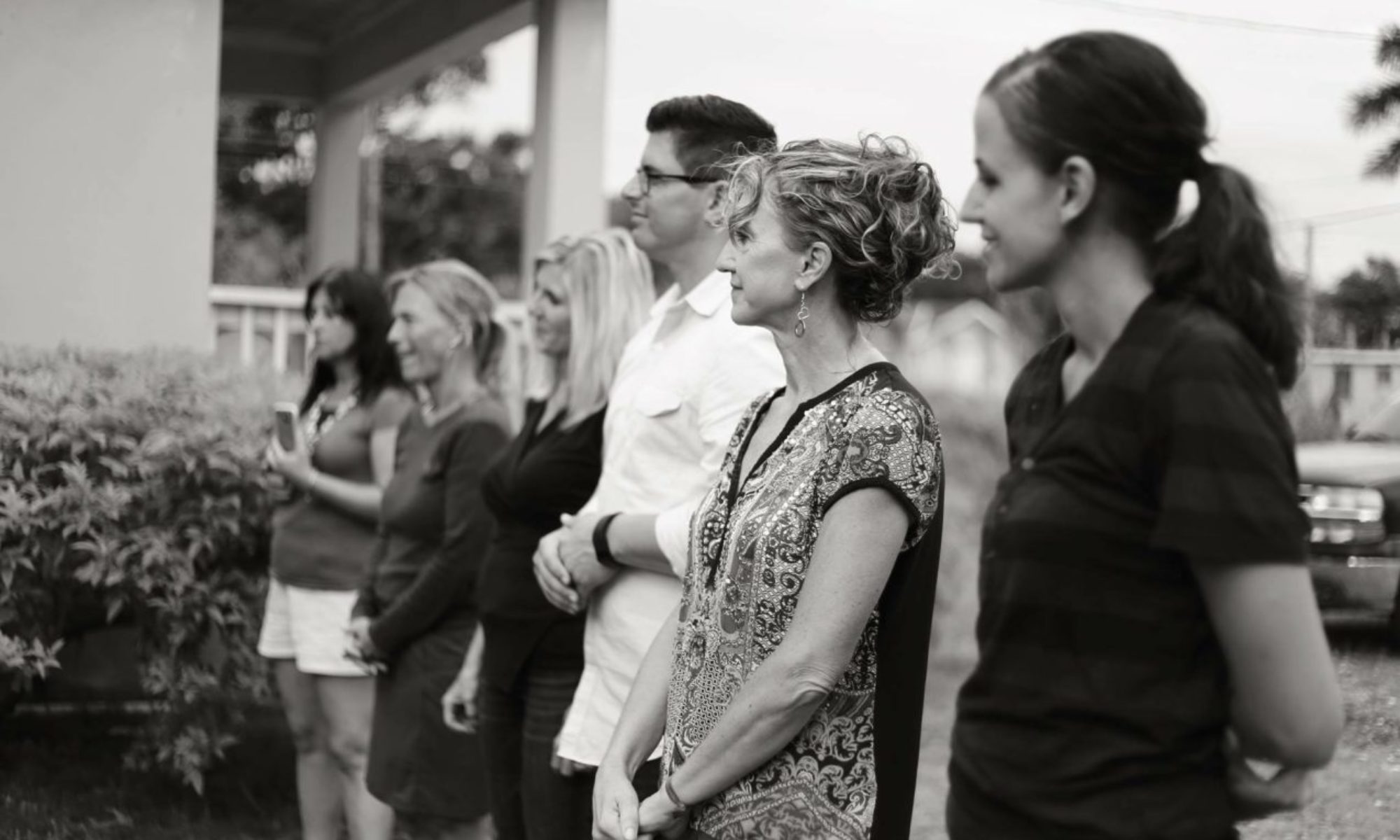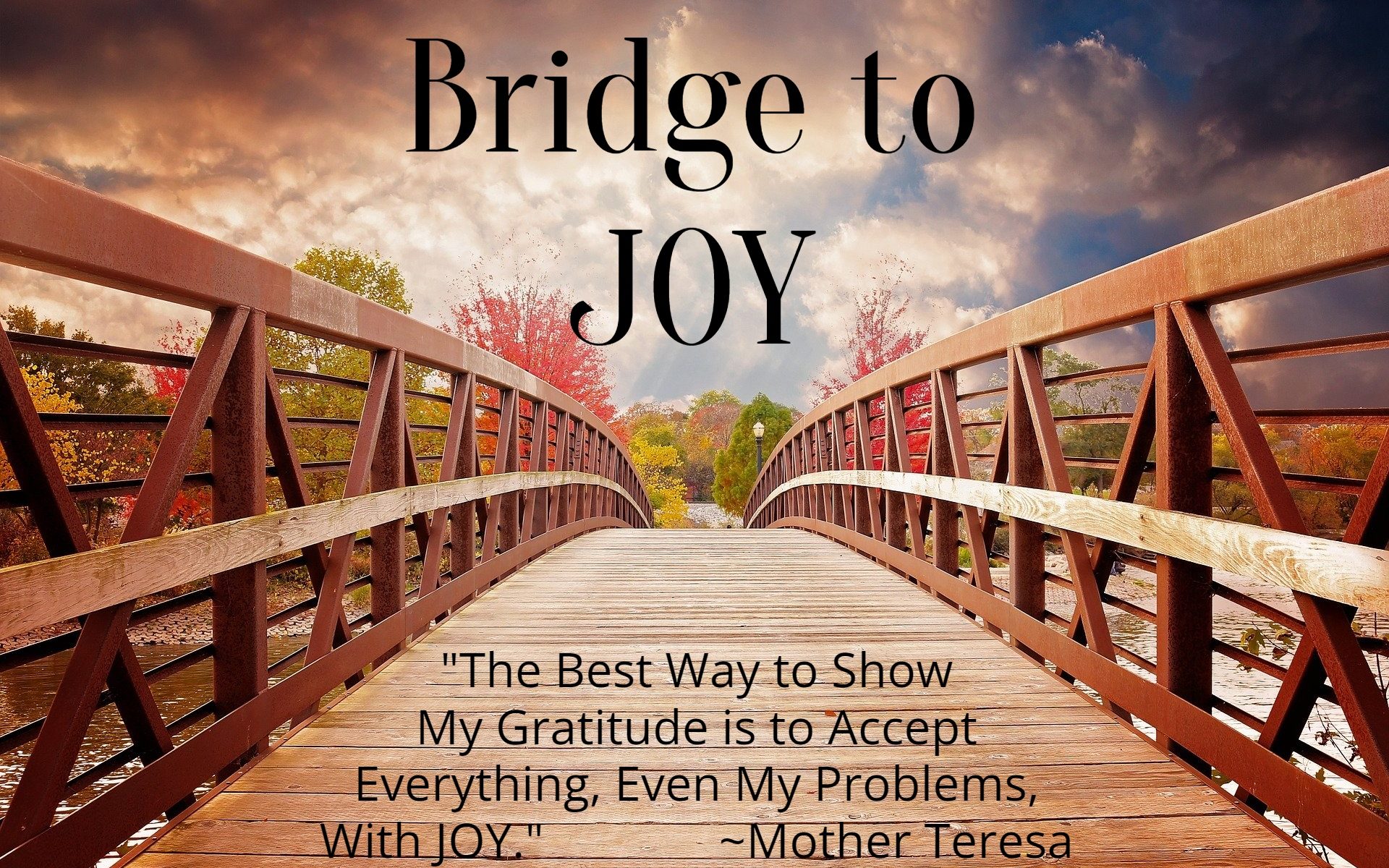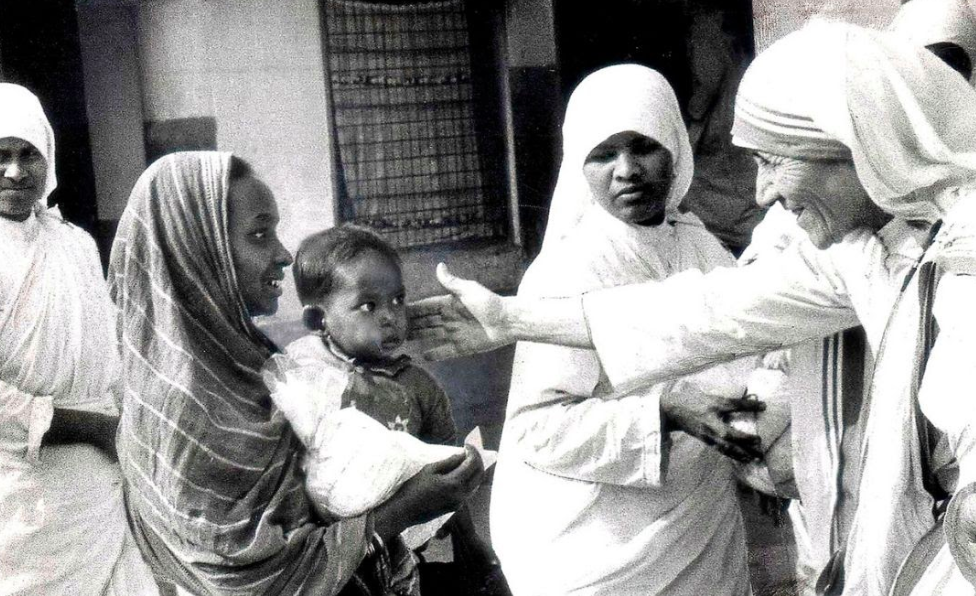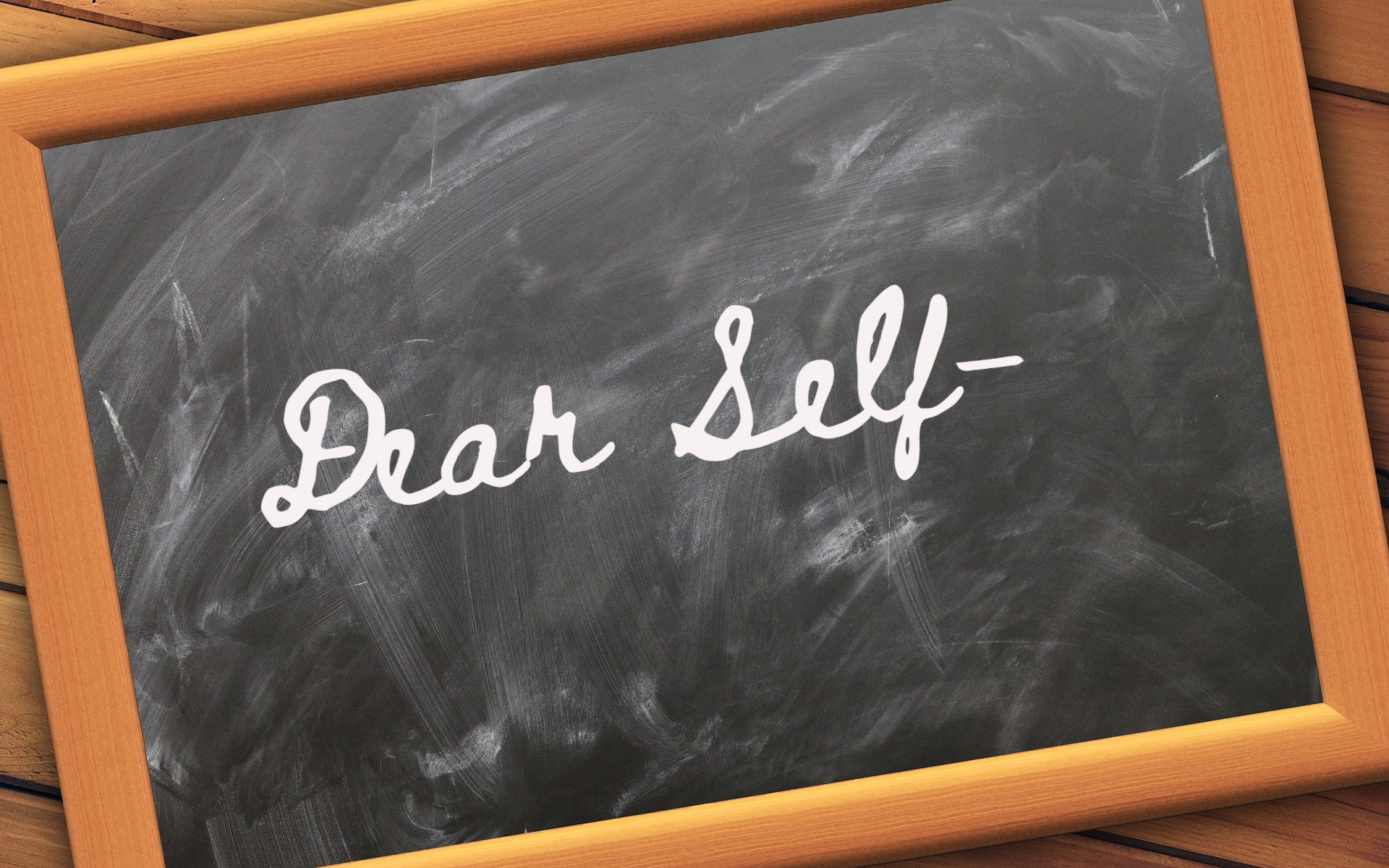Let’s face it, life has its ups and downs. There are times when you may not feel like smiling, let alone laughing. But if you abstain, the joke is on you. Laughter is shown to be so healthy that it should be added to your wellness regiment. There are many reasons to laugh at the world around you. Research shows positive mood to be closely tied to spontaneous laughter. As a medicine, it is usually free and without negative side effects. Those that laugh easily will experience more joy. Here are six motivators to encourage you to laugh at yourself, others, and the goofy things you experience.
- MITIGATES AGING: Researchers at Loma Linda University have discovered that laughter or even the anticipation of a good laugh, will produce an increase (as much as 87%) in the level of a specific anti-aging hormone called HGH. Human growth hormone, produced by the pituitary gland, stimulates growth in childhood, but as we age, the released amount tends to decrease. “You don’t stop laughing because you grow older, you grow older because you stop laughing.” ~Maurice Chevalier
- IMPROVES HEART HEALTH: Laugher oxygenates the blood and stimulates its circulation. In addition, it has been indicated through research from the University of Maryland Medical Center that laughter causes the tissue that lines the blood vessels to expand, allowing for improvement in blood flow. Interestingly, persons with heart disease were found to laugh 40% less often than those without heart disease.
- SPURS THE IMMUNE SYSTEM: Laughter creates a double whammy here. Not only does laughter reduce stress hormones, but it assists the immune system to function at higher efficiency. Laughter helps immune system components like natural killer cells, B cells, T cells, and lymphocytes.
- IT’S EYE-CATCHING: If a smile makes you more attractive, what might a good laugh do for you? Research actually shows that by laughing, you will increase your attractiveness as viewed by others. When you are laughing, you appear comfortable with your surroundings, leading others to also feel safe.
- FOR THE HEALTH OF IT: Laughter truly may be the best medicine. According to Mayo Clinic, laughter actually produces physical changes in the body. It is very helpful for pain management, enhances digestion, relaxes tight muscles, stimulates many organs and releases endorphins, the feel good hormone in the brain. Laughter has even been found to increase longevity or lifespan by 7.8 years on average. “Laughter opens the lungs, and opening the lungs ventilates the spirit.” ~unknown
- IMPROVES RELATIONSHIPS: Although you can laugh at yourself, laughter is usually shared with at least one other person and shared laughter contributes to bonding with others. In fact, we are 30 times more likely to laugh when we are with someone else. In general, couples who laugh more together tend to have higher-quality relationships. It is considered a supportive activity. “Laughter is the shortest distance between two people.” ~Victor Borge
It is said that adults laugh up to 15 times per day, however, children laugh up to 400 times per day. What a shame to lose the playfulness of childhood as we age. Let’s take some time to be playful, to remember our childhood days of splendor, when there was exciting new things to learn and when the concerns of tomorrow are left to be discovered. Reminisce and revisit what it’s like to experience the joys of childhood, visualize those playful happenings.
Laughter is also a social sign of affection and affiliation. By sharing life events through laughter, we seek to find greater meaning in ourselves and others. We can enhance current relationships and make new ones. And when it comes to stressful situations, a solution via laughter, can change everything, promoting immediate feelings of well-being. The art of laughter requires no pre-requisites nor fancy credentials. It’s simply about living in the moment and enjoying the people and places that you frequent. It’s about enjoying the life you live no matter the circumstance. So, ..when was the last time that you had a good laugh?
“Your body cannot heal without play. Your mind cannot heal without laughter. Your soul cannot heal without joy.” ~Catherine Rippenger Fenwick
